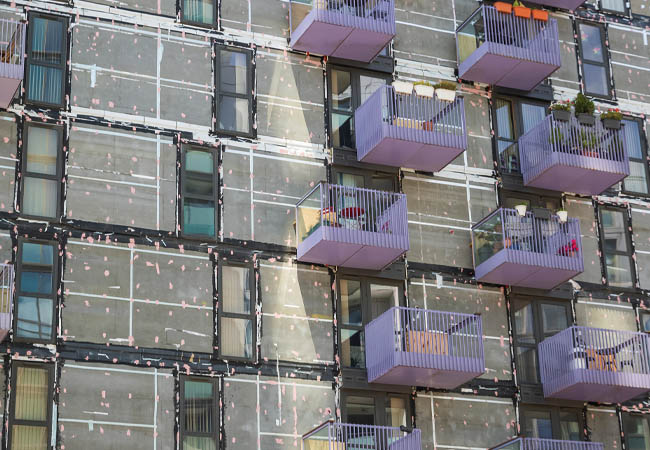LETI has said it is ‘shocked’ that the new Future Homes Standard (FHS) includes a ‘loophole’ that would enable local authorities to allow new buildings to opt out of achieving minimum performance requirements set out in Part L.
In its response to the FHS consultation, which concludes on 6 March, the voluntary network for built environment professionals welcomed proposals in the document to end the use of fossil fuels. However, it said there was a ‘missed opportunity’ to improve fabric performance beyond the Part L 2021 Building Regulations, which cover conservation of fuel and power.
LETI added that its members were shocked by the ‘addition’ of what it regards as a ‘loophole’ that would mean new buildings – in ‘exceptional circumstances’ – would not have to meet minimum Part L performance requirements.
Members of the network are also disappointed by the continued use of carbon emission and primary energy metrics, avoidance of accounting for unregulated energy, and the use of a notional building methodology.
A new generation of inefficient buildings – not the ‘resilient, equitable country that we deserve’ – will be created if the proposals in the FHS are enacted, LETI warns.




